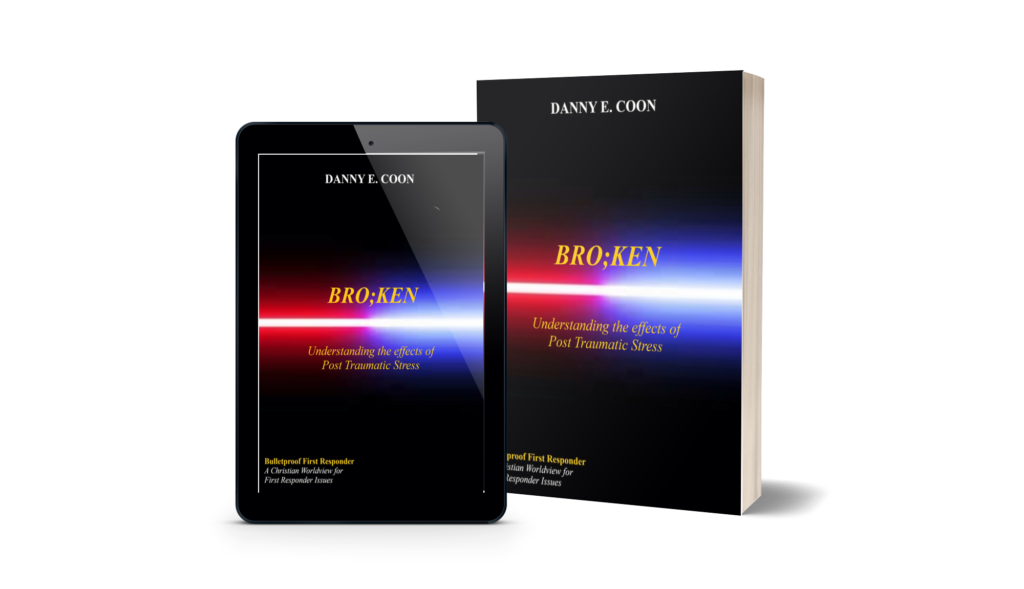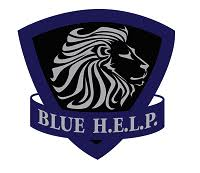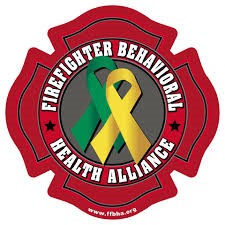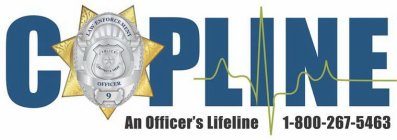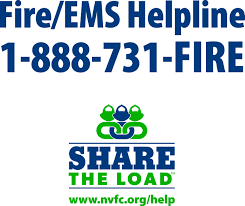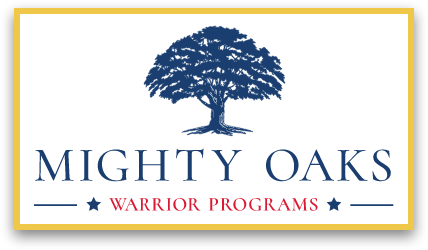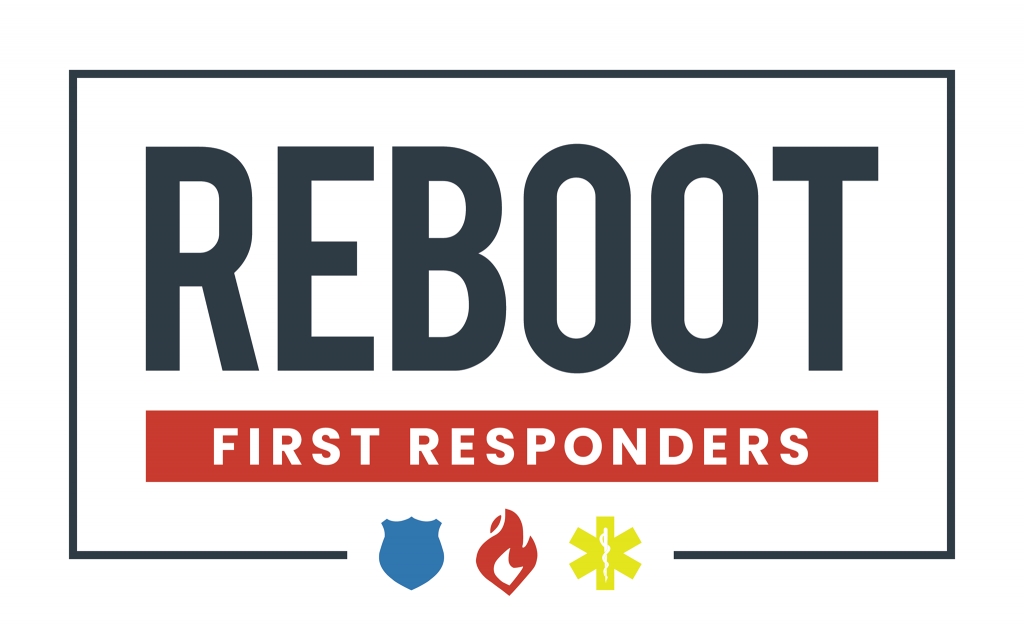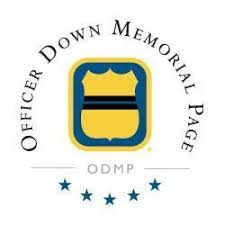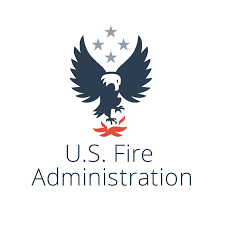Post-Traumatic Stress – A Disorder or Injury?
What’s in a Word
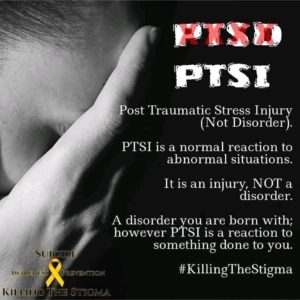 Words matter; they are the basis of communication. Words can express their meaning when utilized in the appropriate grammatical patterns. Communication is hampered when words lose their intended meaning and misunderstandings occur. Words have the power to arouse powerful feelings like anger. They have the power to unite or divide people. Words have the power to either feed or support a lie. The context in which words are used is also vital for enhancing comprehension. Our words reflect our thoughts and shape them, just as our thoughts shape the physical structure of our brains.
Words matter; they are the basis of communication. Words can express their meaning when utilized in the appropriate grammatical patterns. Communication is hampered when words lose their intended meaning and misunderstandings occur. Words have the power to arouse powerful feelings like anger. They have the power to unite or divide people. Words have the power to either feed or support a lie. The context in which words are used is also vital for enhancing comprehension. Our words reflect our thoughts and shape them, just as our thoughts shape the physical structure of our brains.
He restores my soul; He leads me in the paths of righteousness For His name’s sake.
Yea, though I walk through the valley of the shadow of death, I will fear no evil;
For You are with me; Your rod and Your staff, they comfort me.
You prepare a table before me in the presence of my enemies;
You anoint my head with oil; My cup runs over.
Psalm 23:3-5 KJV
According to the Law Insider, an injury is either a physical injury or illness or a psychological injury or illness. A psychological injury or illness need not be accompanied by physical injury or illness.
Wisconsin Worker’s Compensation Statute defines injury as:
“Injury” means mental or physical harm to an employee caused by accident or disease [s. 102.1(1)(c), Wis. Stats.]
The American Psychological Association defines a disorder as a group of symptoms involving abnormal behaviors or physiological conditions, persistent or intense distress, or a disruption of physiological functioning. And a mental disorder “as any condition characterized by cognitive and emotional disturbances, abnormal behaviors, impaired functioning, or any combination of these.”
Post-Traumatic Stress Disorder was first coined in the 1970s due to the diagnoses given to American military personnel who served in the Vietnam War.[1] In 1980 the American Psychological Association (A.P.A.) formally recognized PTSD in the third edition of the Diagnostic and Statistical Manual of Mental Disorders (DSM-III).[2]
Known in earlier times as war neurosis, soldier’s heart, combat fatigue, or shell shock, it has long historical roots and was well-known in antiquity. Over 3,000 years ago, King David thanked God for using his experience living in the shadow of death to bring about his soul’s recovery. Using Numbers 19:14, the term “death-shadow” is a pre-modern assessment of the illness now known as post-traumatic stress injury. Meaning anything within a place of death is portrayed as being contaminated.[3]
PTSD is the second most commonly diagnosed psychiatric disorder. One cannot overestimate the degree to which trauma warps character. The most corrosive impact of horrific emotional trauma is to be found in the spiritual fabric of persons. The condition of PTSD is spiritual at its deepest level. (Bessel van der Kolk MD)
In America, first responder suicide rates are on the rise. This has sparked the discussion on whether changing the nomenclature of PTSD to PTSi can lessen the stigma. By being aware of the differences, you can better comprehend this argument.
Having a PTSD diagnosis has helped millions of people in various ways:
- It gave a name to something confusing, frightening, and disabling.
- It allowed research into causes and remedies.
- It enabled insurance coverage and disability payment.
- It fostered self-help for those with the condition and collaboration among those who study and treat it.
- The name, PTSD, has helped all of us who care about trauma and its consequences.[4]
But the name has also been a source of stigma. The “D” in PTSD, the word “disorder,” discourages some from seeking care, revealing their condition, and feeling a sense of honor, when their PTSD is just as honorable as any physical injury. When an injury is earned in battle, awards are given. There is no Purple Heart for PTSD. While the A.P.A. uses the term “disorder” for most diagnoses, there are many diagnoses without that word, Anorexia, Bulimia, Parasomnia, and Social Phobia, to name a few.[5]
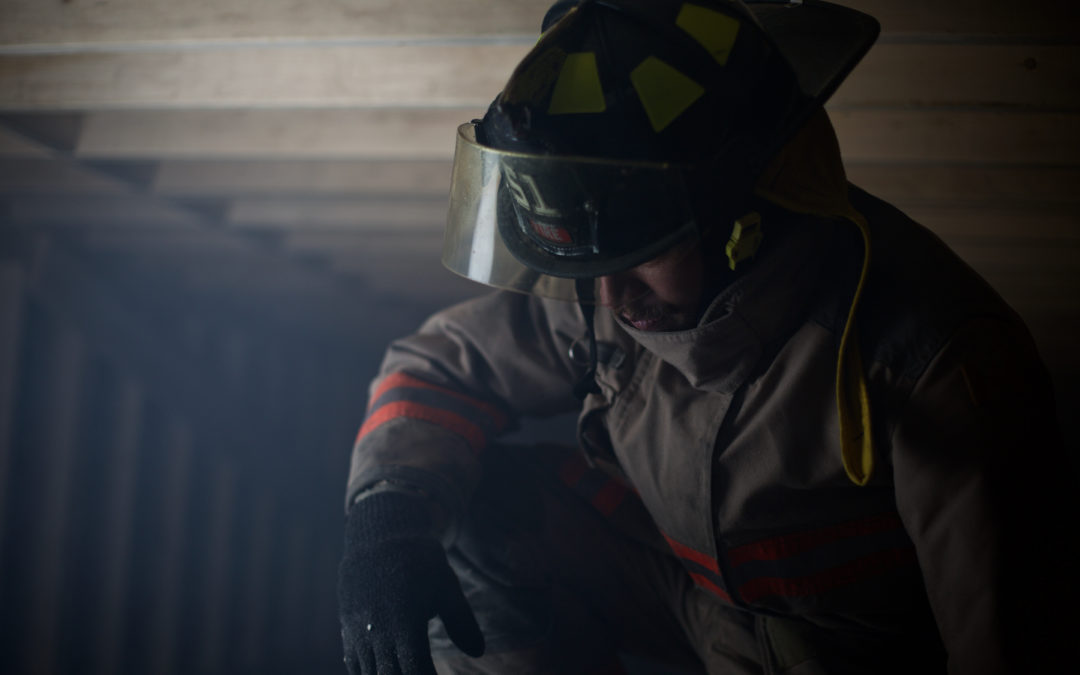
photo by First Responders First
According to former Army Vice Chief of Staff General Peter Chiarelli, a supporter of lessening the stigma of PTSD, the word “disorder” fosters prejudice. It “has the idea of being something that is a pre-existing problem that an individual has” before they joined the Army. It also makes the person feel weak.
My soul is in deep anguish. How long, Lord, how long?
Psalm 6:3 NIV
Stigma, a mark of shame or disgrace, is the adverse effect of a social designation. A disturbance in one’s bodily or mental functions that worsens one’s state is referred to as a “disorder.”Thus creating “stigma.”
Doctor Frank Ochberg and Jonathan Shay, M.D. & Ph.D. are both pioneers in the study and treatment of Post-Traumatic Stress. They argue that PTSD should be replaced by post-traumatic stress injury (PTSi). They consider the term PTSi to be more suitable.
After retirement General Chiarelli became C.E.O. of the Organization One Mind, which focuses on brain health challenges, the mission of Chiarelli’s group is to lessen the stigma associated with PTSD. “Injury” suggests something temporary, whereas “disorder” emphasizes something permanent. According to their website, “One Mind uses the term Post-Traumatic Stress instead of Post-Traumatic Stress Disorder because describing the experience as a disorder can feel stigmatizing too many who are reluctant to seek treatment for the symptoms they’re facing.”
One of the many definitions of a disorder is an abnormal physical or mental condition. The stigma associated with it might decrease if the name “disorder” were dropped. First responders, veterans, and active military personnel might be less reluctant to seek counseling. As General Chiarelli puts it, “No 19-year-old kid wants to be told he’s got a disorder.”
There are benefits and drawbacks to the name change. The main argument for the change is the stigma. Some argue that the word “disorder” discourages people from seeking help, but others argue that changing the name won’t significantly reduce the stigma.

photo by Mohamed Nohassi on Unsplash
Based out of Newport Beach, California, First Responder Wellness is an organization that acknowledges the significance of handling sensitive issues in a setting that promotes the establishment and maintenance of trust and confidentiality. They have renamed Post Traumatic Stress Disorder to “Post Traumatic Stress Injury.” Thus, removing the stigma of having a “disorder.” Most injuries that first responders experience can be healed. PTSi is a brain injury, and proper treatment can help heal that injury.
Words matter. Probably more than one would think, just altering a word can influence people dramatically. Words are mighty and, when misused, can be very dangerous. They can change your perception of the world and how you see yourself and other people. Experts believe by changing the word Disorder to injury, more people suffering from Post-Traumatic Stress will seek help. Yes, words matter.
“For years I have agitated against the diagnostic jargon, Post-Traumatic Stress Disorder (PTSD), because transparently we are dealing with an injury, not an illness, malady, disease, sickness, or disorder. My insistence comes from awareness that within military forces it is entirely honorable to be injured, and that if one is injured and recovers well enough to be fit for duty, there is no real limit to one’s accomplishments, even if a prosthesis is employed. Witness the honored career of General Eric Shinseki, who lost a foot in Vietnam, and eventually retired from the U.S. Army as Chief of Staff. We do not describe him as suffering ‘Missing Foot Disorder.’”
Dr. Jonathan Shay – No Longer A Victim – Cru Military
As First Responders, we swore to protect good and fight evil. Many have lost track of their priorities and have put the job first in their lives. If you are experiencing a lower than usual sense of self-worth, depression or misplaced guilt, inability to remember or talk about the trauma specifically, feeling numb emotionally, dissociation (not aware of the present moment), or a feeling of disconnection from your everyday lives, feeling hyper-aroused and vigilant for danger all the time, lashing out in irritability or unexplained anger, feeling jittery, or unable to concentrate on tasks at hand or other anxiety disorders, such as panic or intense distress, talk to someone and get help. Get back to the basics Put God First, Family Second, and the job further down in the order.
IF YOU HAVE THOUGHTS OF SUICIDE, GET HELP NOW
Law Enforcement Copline (800) 267-5463
Firefighters / Medics Fire/EMS HELPLINE (800) 731-FIRE (3473)
- Klykylo WM (2012). Clinical child psychiatry (3 ed.). Chichester, West Sussex, UK: John Wiley & Sons. p. Chapter 15. ISBN 9781119967705. ↑
- Friedman MJ (October 2013). “Finalizing PTSD in DSM-5: getting here from there and where to go next”. Journal of Traumatic Stress. 26 (5): 548–56. doi:10.1002/jts.21840. PMID 24151001. ↑
- Bachelor, David, “An Analytical Investigation Leading to a Proposal for a Christian Purification Rite to Minister to Veterans Suffering from Post-Traumatic Stress, https://www.researchgate.net/publication/280491247_An_Analytical_Investigation_Leading_to_a_Proposal_for_a_Christian_Purification_Rite_to_Minister_to_Veterans_Suffering_from_Post_Traumatic_Stress_Disorder, Accessed August 13, 2022 ↑
- PTSiNJURY, https://posttraumaticstressinjury.org/ Accessed August 13, 2022 ↑
- Ibid ↑

